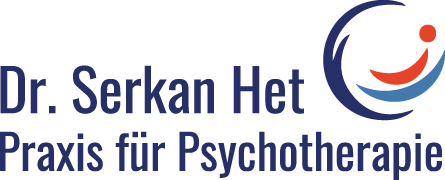I am a mindful, helpful, emphatic and humorous person. That is why I feel interest and joy when communicating with people and being active in working, understanding, advising and motivating them as well as learning from them. It was especially this joy and interest in people that brought me to the study of psychology and to the education in Psychotherapy.
I perceive the collaboration with people always as a kind of teamwork. My image of man is affected by the idea that people can achieve their goals independently and help themselves best, if they are motivated or get motivated, if competences are being communicated to them how to achieve their aims and get the possibility to talk about their changes in a trustful and respectful relationship. My way of work is therefore determined by their concerns, wishes and goals for changing or their derivation. The highest priority for me is to understand and support them in understanding themselves better. Subsequent to this we derive steps towards the solution and I accompany them on their way to target achievement if they are willing to do so. My wish is to coach and to help people to help themselves, to advise and to assist them in hard times. In doing so it is important to me to get to know their personalities with all their strengths to integrate these into our work. I am always concerned about understanding their burden and reducing it without fundamentally changing the person himself. Directness, appreciation, resilience, decision-making ability, helpfulness and transparency are my strengths that I apply in the teamwork with you and for you.



